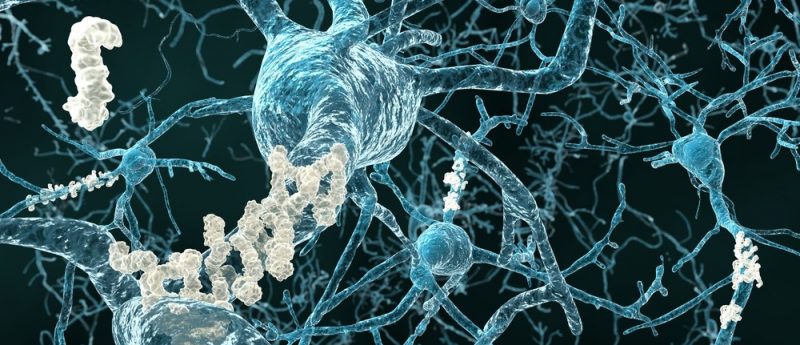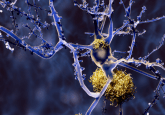Eisai and C2N Diagnostics collaborate to build RWE for blood-based assays for cognitive impairment

Eisai Inc. and C2N Diagnostics will combine efforts to build awareness and real-world evidence for blood-based assays in the diagnosis of cognitive impairment in clinical practice in the US outside of clinical trial settings, advancing a new era in cognitive impairment diagnosis.
The Japanese company Eisai announced that its US subsidiary Eisai Inc. has entered into a Memorandum of Understanding with C2N Diagnostics (C2N). Their shared remit is to build real-world evidence (RWE) to support, and awareness of, the use of blood-based assays in the diagnosis of cognitive impairment, including Alzheimer’s disease (AD), in real-world clinical practice in the USA. Blood-based assays constitute a new era in cognitive impairment diagnosis that will hopefully result in the development of new standards in clinical care, bringing early diagnosis and appropriate treatment to many people living with cognitive impairment.
Dementia is a vast and increasing problem, with more than 55 million people currently living with dementia worldwide and a predicted rise to 78 million by 2030. It is also estimated that 40–60% of adults with probable dementia are undiagnosed. Alzheimer’s dementia is typically diagnosed by doctors conducting tests to assess thinking abilities such as memory, language, reasoning and perception. Brain analysis in autopsy of deceased patients allows confirmation of AD and related diseases.
A hallmark sign of AD is the formation of clusters of abnormal amyloid proteins in the brain, called amyloid plaques. In recent years, positron emission tomography (PET) scans have been used in AD diagnosis to detect build-up of abnormal amyloid protein and abnormal glucose usage patterns in the brain. Analysis of biomarkers in cerebrospinal fluid, taken by lumbar puncture, can also reflect brain pathology and indicate AD. The costs and invasiveness of these diagnostic techniques remain barriers to dementia diagnosis and limit early and proper care management.
In 2020, C2N developed their PrecivityAD blood test, which was shown to be 81% accurate in predicting the levels of brain amyloid build-up that would be seen in a PET scan. It employs liquid chromatography and mass spectrometry techniques to identify amyloid plaques and other proteins captured in a blood sample. The PrecivityAD diagnostic is now available by prescription across most of the USA and its real-world deployment will be one focus of the collaboration between Eisai and C2N.
Blood-based screening is a huge leap forward in detecting changes in the brain among people who may not yet show memory loss symptoms. The development and adoption of blood-based assays as simple, comparatively cheap and quick, diagnostic tools in every day clinical practice is an important step in improving care for all people, but especially those in remote and under-served communities where PET scans and lumbar punctures are not viable. As well as the potential use for screening the general public, it is expected that the simplicity and consequent reach of blood-based diagnostics will accelerate recruitment of prospective Alzheimer’s patients into both appropriate treatment and into clinical trials for new therapies.
Want regular updates on the latest real-world evidence news straight to your inbox? Become a member on The Evidence Base® today>>>






